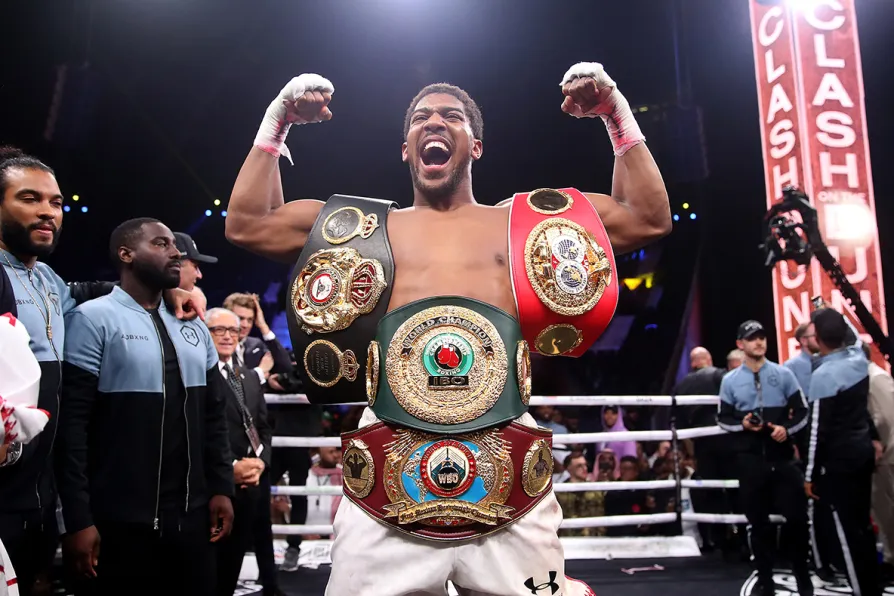Daniel Kinahan and his role in Anthony Joshua v Tyson Fury

 Heavyweight boxer Anthony Joshua
Heavyweight boxer Anthony Joshua
WRITING in the Irish Times recently, Johnny Watterson deftly opined that “Boxing has always been the wild west of sport. Its dark underbelly, the guaranteed blood and the questionable morality has always been a bestseller.”
Another way of putting this is that boxing is the primus inter pares – first among equals – of sports when it comes to existing in a moral vacuum, impervious to the norms of conventional society, its cultural taboos and even at times its laws.
And though, normally, much like a 15-year-old masturbating under the duvet, boxing’s less-than-savoury aspects are concealed from public view, they do on occasion emerge into the open, shocking the more naive while confirming what the more cynical either suspected or already knew.
Similar stories

JOHN WIGHT writes about the fascinating folklore surrounding the place which has been home to some of the most ferocious bareknuckle and unlicensed fighters throughout history

JOHN WIGHT questions how legend of the sport Roberto Duran is lending credibility to the sportswashing circus that is Riyadh Season — and at what cost?












